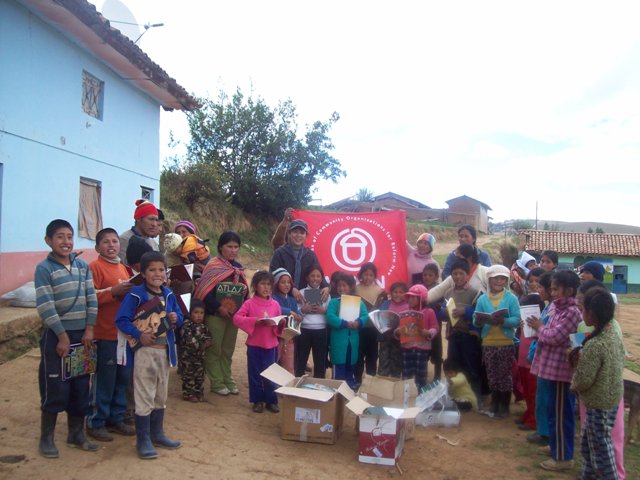Your cart is currently empty!
Day: February 8, 2016
-

ACORN – A Community Union in Action
Reprint of Article from Bristol 24/7 by Will Simpson

Acorn – remember the word. The chances are you’re going to hear it a lot in the future. In less than two years Bristol-based community group, Acorn, have not only helped gain a better deal for the city’s private tenants, but also shown how community politics in the UK might be conducted in the future.
The idea is simple. Acorn is a community version of a trade union. It began in Bristol when co-organiser Nick Ballard and a colleague worked on Locality, a government-backed community-organisers programme. Any funding the pair raised to start a community organisation, would be match-funded by the government. When they secured the cash in 2013 the Bristol Acorn was planted. “We thought we would do something to tackle economic issues rather than relatively more superficial things,” Ballard explains
Campaigns covered by Acorn are ultimately up to its members, but it quickly became clear their primary focus is securing a better deal for private tenants. “When we initially talked to people other things were mentioned as being important issues. The cost of living, the high prices of utilities, access to services, but housing is the dominant thing.”
Acorn is not a new idea. A US version has existed since the early 70s. There are also groups in Canada, Peru and the Dominican Republic. Since the Bristol group began in 2013 other UK versions have emerged in London, Newcastle, Birmingham and Reading.
“I have to admit I didn’t know much about the US organisation,” says Ballard. “But when we spoke to their founder it sounded like their model worked and that it would beneficial to operate under that name.”
The Bristol version is set up like a trade union – with neighbourhood rather than workplace branches. Each branch is free to launch its own hyper-local campaign yet if it has city-wide relevance they can co-ordinate with the other groups.
Eventually, as with other unions, Acorn’s funding will come entirely through membership. “We still have a bit of money from that original grant,” explains Ballard. “But our goal is to be 100% self-sufficient through membership fees, which are around £4 to £5 per month. “It keeps us independent and it doesn’t limit the activities we can do or the campaigns that we run.’ At present Bristol Acorn has around 300 members although they estimate up to 8000 have supported the various campaigns and the demonstrations they’ve organised.
And those campaigns have produced speedy results. This spring Bristol City Council adopted Acorn’s Ethical Lettings Charter, committing landlords to certain minimum standards – three of the city’s letting agencies have already signed up. Acorn have also won back deposits for members, and forced landlords to make long overdue repairs and install new appliances. “Just last weekend we demonstrated on behalf of three members in dispute with Liv N Let and as a result, for one of those, the overdue repairs have already started.”
The question is whether Acorn can transform not only individual lives but grass roots politics in the UK. Nick believes the idea has huge potential. “Well, the idea is eventually to be build a national organisation. In the States Acorn started from nothing and grew to half a million members. That’s our long term goal. And the more we grow, the greater the ambition, the better campaigns we can run and the bigger political impact we can have.”
“For the moment though it’s been great to see that mobilising people and taking direct action can improve a lot of local people’s lives. It really shows that if we unite and stand up for each other we can change things.”
For more information about Acorn and their latest campaigns go to: acorncommunities.org.uk
Photographs by Julian Welsh
